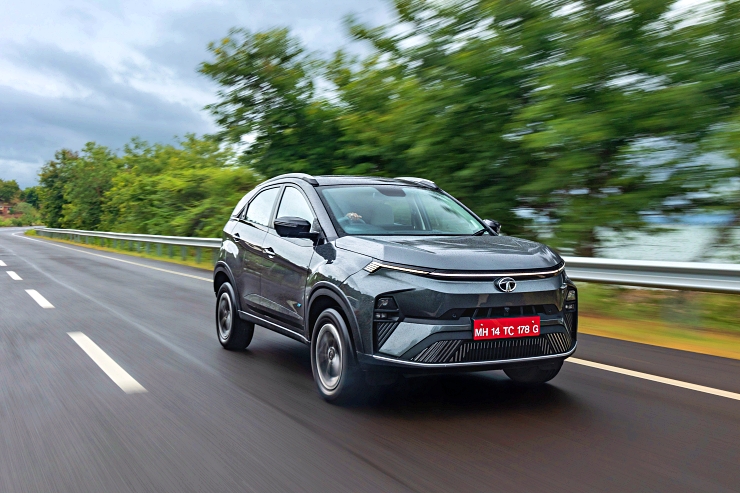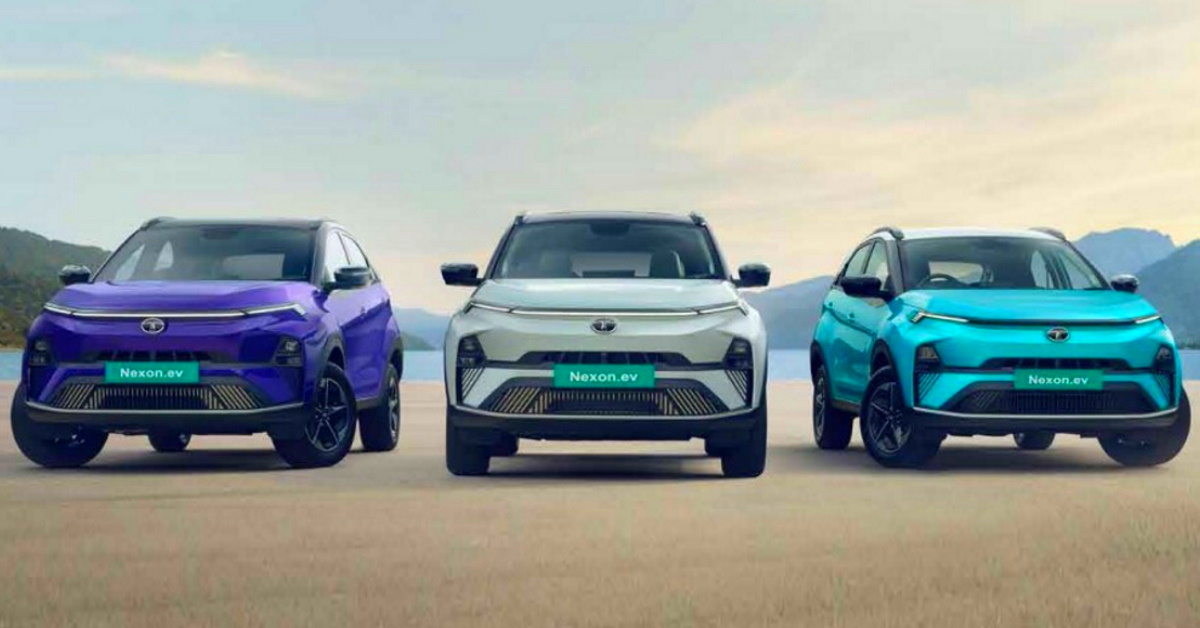Electric car sales to rise as corporates remove ‘Work from Home’: Tata Motors MD Shailesh Chandra

[ad_1]
Tata Motors anticipates a significant boost in electric vehicle (EV) sales next year, attributing this surge to the removal of the work-from-home (WFH) trend by corporate entities. Shailesh Chandra, Managing Director of Tata Motors Passenger Vehicles and Tata Passenger Electric Mobility, emphasized the growing potential in the employee transport segment as companies resume providing transportation to their workforce. Moreover, with companies incentivizing employees to choose EVs, Tata Motors aims to tap into this burgeoning market.

Chandra highlighted the changing focus of Tata Motors, stating, “First, we were focusing on opening stores more in what we thought are the right cities. But we now have a lot of database. For the last one year, we have opened in 176 cities, and now we know where there is a possibility of penetrating more.” This strategic shift involves segmenting the market into three categories to maximize sales. The EV market, projected to close at around one lakh units this year, is expected to grow by 30-40% in the coming year due to the elevated base.
Tata Motors is targeting areas with high EV penetration, markets with existing traction but lacking crucial elements for enablement, and cities where individual households are predominant. Each category demands a unique market strategy to achieve the right penetration. Chandra emphasized the need for continued government support, acknowledging the positive impact of incentives like the five percent GST and zero registration cost.

Addressing the role of schemes like Faster Adoption and Manufacturing of Hybrid and Electric Vehicles (FAME), Chandra stated that while FAME itself hasn’t significantly contributed, subsidies such as reduced GST and registration cost have been instrumental. He cited the example of Maharashtra, where EV sales saw a substantial increase with the introduction of subsidies, and even after their removal, sales remain higher than before. The Indian government is undecided about extending the FAME subsidies, which is currently in its second phase. The auto industry is pushing for its extension though.
Chandra also highlighted the potential growth in the fleet segment, particularly with expansions announced by companies like Uber and BluSmart. Uber plans to deploy 25,000 electric cars across the top seven cities with high demand over the next three years. In the broader market perspective, industry experts emphasize the importance of charging infrastructure and technological aspects for the successful adoption of electric PVs, with a faster catch-up expected in the private consumer segment compared to the commercial fleet sector in the near and mid-term future.
[ad_2]